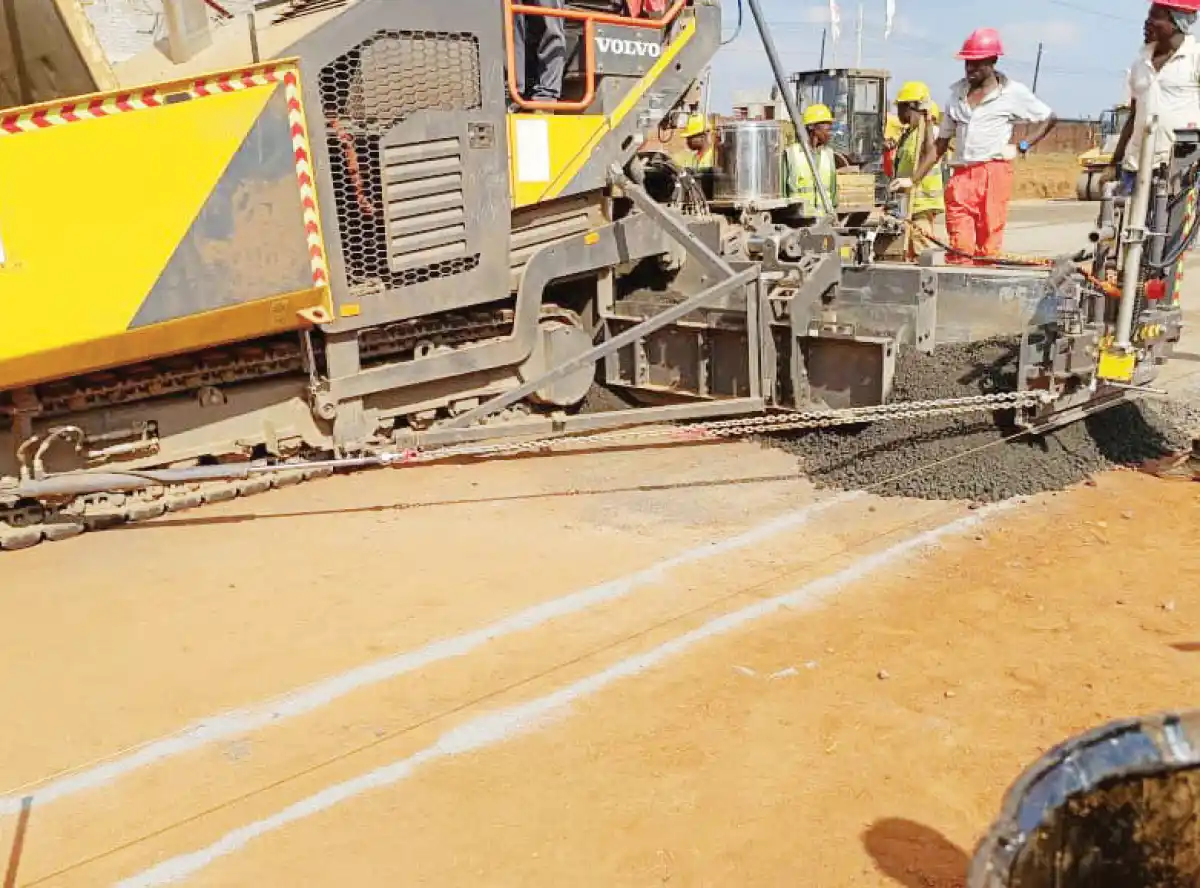

By Chimwemwe Mangazi & Chimwemwe Misomali:
Economic experts have described the government’s efforts to implement the K5.9 trillion national budget in the first quarter of the 2024-25 financial year as mixed.
Typically, the assumptions listed to govern the 2024-25 financial year have been broken and revised.
For example, the Gross Domestic Product (GDP) growth rate, initially envisaged at 3.6 percent, has been revised downward to two percent.
Annual inflation, projected to be 30 percent, has now been revised to 33.5 percent.
Additionally, revenues have grossly underperformed by K91.629 billion, or 12 percent of the K748.117 billion target for the first quarter.
In an interview, president of the Economics Association of Malawi, Bertha Chikadza, said the implementation of the national budget presents a mixed picture.
Chikadza added that, on the positive side, there is increased activity in infrastructure projects and agricultural investments, specifically in mega-farms—projects crucial for improving productivity, stimulating economic activities and providing a foundation for future economic resilience.
“However, there are significant challenges. The downward revision of the GDP growth rate, the increase in the annual inflation rate, and rising public debt indicate a more challenging economic environment than anticipated. Additionally, the underperformance of revenues suggests notable challenges in revenue collection, which may lead to budgetary constraints for the government, further exerting pressure on the fiscal situation.
“Adaptive fiscal policy and strategic adjustments are crucial to address these challenges and ensure fiscal sustainability and economic stability,” Chikadza said.
Another economist, Marvin Banda, said the Treasury faces a daunting task in implementing the budget, having seen an increase of 38.6 percent from the 2023-24 revised budget of K4.32 trillion, primarily due to increases in wages and salaries and debt repayments.
Banda added that the first-quarter performance has been marred by a myriad of unplanned expenditures, exacerbating the already strained resource allocation and the opportunity cost of financing.
“This picture depicts fiscal imprudence and an obvious deviation from the initially envisioned budget deficit, which was expected to be 7.6 percent of GDP in FY24/25 but now appears to be higher than the 8.9 percent of GDP realised in FY24/25. This is despite the fact that Malawi has been promised 70 percent in commitments from development partners.
“Recurrent expenditure continues to dominate government activities, especially considering the concerning developments in the local food market. Last year, over 22 percent of Malawians faced food shortages. We seem to be in a similar situation, which could necessitate government intervention, potentially leading to further fiscal deterioration, particularly in the lead-up to election periods,” he said.
However, in a separate interview, Ministry of Finance spokesperson Williams Banda said the Treasury has implemented the first quarter as planned, hence the positive turnaround in performance.
“There were a few challenges, but these have been overcome. The six-lane road infrastructure development, along with the mining development agreements signed with Lotus and Mkango, are good examples.
“All these advances align with Malawi 2063. However, domestic revenues were a challenge, particularly tax revenues,” Banda said.

Presenting the budget statement in Parliament, Minister of Finance Simplex Chithyola Banda indicated that the development expenditure for the 2024-25 financial year was estimated at K1.77 trillion, of which K1.39 trillion was for foreign-financed projects and K383.6 billion for domestically financed projects.
He added that the proportion of development expenditure to the total budget stood at 30 percent, up from 24 percent in the 2023-24 Financial Year.
Of the total expenditure, recurrent expenses were estimated at K4.21 trillion, representing 22.5 percent of GDP and 70.4 percent of total expenditure.








0 Comments